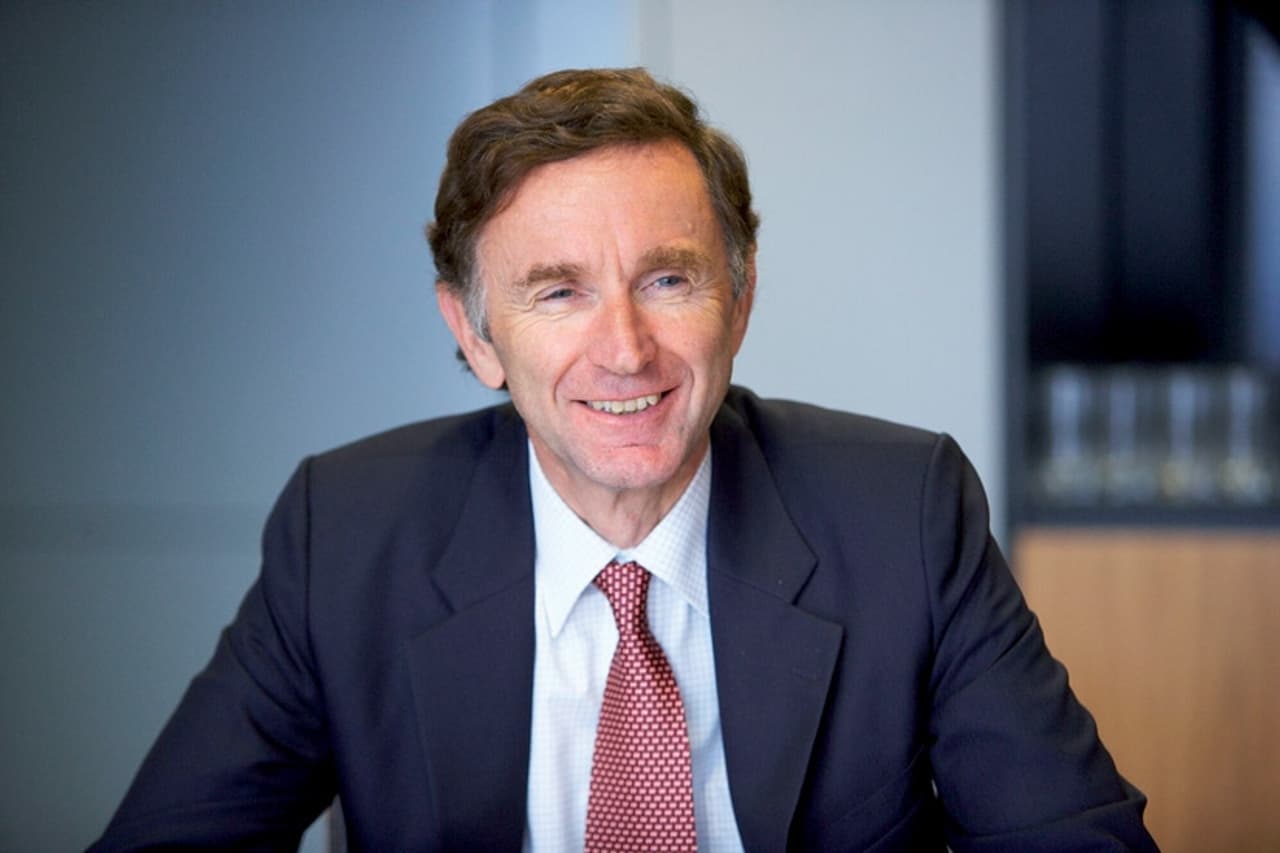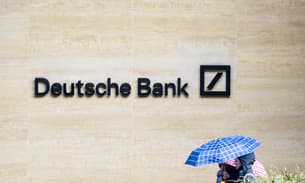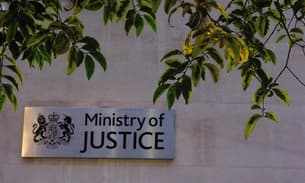
The £200m question: Trade minister Lord Green linked to Swiss HSBC tax scandal
Trade Minister Lord Green: what did he really know about Swiss tax ruses at HSBC?
British clients of an HSBC-owned private Swiss bank that is the focus of a major HM Revenue & Customs investigation are alleged to have evaded tax by an amount likely to exceed £200m, the Bureau has learned.
The potential scale of the tax loss will heighten pressure on trade minister Lord Green, who was chairman of HSBC’s private banking division during the period the HMRC is investigating.
He is already facing questions from MPs about the bank’s links to Mexican drug cartels and terrorists that came to light this month in a devastating US Senate investigation. Emails released as part of that investigation showed Green was twice warned about compliance failures and allegations that huge sums were laundered by Mexican drug gangs through a subsidiary of HSBC.
Green, chairman and previously chief executive of HSBC until 2010, when he entered government, last week spoke of his regret at HSBC’s failures to implement anti-money laundering protocols.
Now it has emerged that the sums allegedly evaded by Britons using HSBC’s Swiss bank are massive. HMRC told the Bureau ‘the early indications are that the amounts are significant’.
The HMRC in 2010 received data smuggled out of HSBC by a former bank IT worker, now under arrest in Spain and facing possible extradition to Switzerland, that contained details of 6,000 UK-linked individuals, companies and trusts. Two senior tax investigators who both worked at HMRC told the Bureau the average amount evaded in the 6,000 accounts is likely to range between £33,000 and £50,000.
Three weeks ago, HMRC secured its first high profile conviction from the HSBC Swiss bank data. Property developer Michael Shanly, estimated to be worth £132m, admitted evading £430,000 in inheritance tax.
HSBC documents show that Green was chairman and a director of HSBC Private Banking Holdings (Suisse) SA for ten years from 2000 — the bank at the centre of HMRC’s investigations. It is unclear if the investigation affects the period when Green was in control.
It has been suggested wealthy Britons have placed £120bn in Swiss banks with £6bn in HSBC Swiss branches. HSBC says it does not condone tax evasion and it is the responsibility of clients to ensure they pay appropriate tax rates.
Labour shadow finance secretary Chris Leslie said: “We learn more and more each day about the network of high risk affiliates and tax haven linkages which HSBC and its senior executives were clearly familiar with. It is therefore more important than ever for those individuals
now determining the future of banking culture and policy in this country to set out what they know about these things, and whether they took appropriate steps to defend the rules on tax and propriety.”
Green last week held a series of Olympic-related meetings with world business leaders to secure new contracts and investment for British companies.
Under his tenure, HSBC withstood the global economic crisis without requiring a taxpayers’ bailout. But the bank has in the past faced questions over its anti-corruption compliance. In 2010, a US Senate investigation criticised it for lax oversight of accounts held by Angolans.
HSBC, the biggest western bank in Egypt, last year faced strong criticism for its connections to the Mubarak regime.
A Church of England ordained priest, Green co-chaired the Egyptian British Business Council in 1998, which reported to then British and Egyptian prime ministers Tony Blair and Kamal Ganzouri.




